The Sky’s New Watchers
In Park Forest, Illinois, a new perspective on law enforcement emerged—a bird’s eye view capturing an arrest, made possible by the aid of an autonomous drone, reports The Chicago Tribune. The Park Forest Police Department shared this incident on social media, highlighting the growing role of drones in crime prevention and the ongoing discussion over their effects on personal freedoms.
The Legal Landscape
Since the Freedom from Drone Surveillance Act’s inception nine years ago, Illinois has been at the forefront of discussing the role of drones in policing. The act’s latest amendment, passed in 2023, permits Police to deploy drones over large public gatherings without a warrant, aiming to thwart mass crime events like the tragic Fourth of July shooting in Highland Park the previous year. However, this legislative shift stirs concerns among lawmakers and the public alike. Democratic State Sen. Rachel Ventura voices a common apprehension, emphasizing the need to balance ensuring public safety and preserving individual privacy rights.

A Case Study: Park Forest’s Drone Assisted Arrest
The practical application of this debate was illustrated on December 9, when the Park Forest Police Department utilized its drone to locate a suspect involved in a domestic altercation involving a firearm. Under the guidance of Sgt. Haytham Elyyan, a Part 107 certified remote pilot, the police drone played a pivotal role in narrowing down the suspect’s location, leading to a successful arrest without compromising officer safety or involving a prolonged manhunt. This operation raises questions about the effectiveness, ethics, and future guidelines of drone usage in law enforcement, especially in scenarios where obtaining a warrant might not be immediately feasible.
The Ongoing Debate and Future Directions
The utilization of drones by police forces across Illinois—and indeed, the United States—remains a contentious issue. While the technology promises enhanced efficiency in crime prevention and response, the absence of comprehensive tracking of drone-related arrests and a lack of Supreme Court guidance on drone surveillance leaves much to be debated. As Illinois navigates these uncharted waters, another legislative discussion looms, potentially expanding drone regulations to include forest preserves and conservation districts.
Navigating the Fine Line
The incident in Park Forest serves as a microcosm of the broader debate surrounding drone usage in policing. As technology advances, so too must the legislation governing its use, ensuring that the pursuit of safety does not come at the expense of personal freedoms. Finding this balance requires ongoing dialogue, careful consideration of the ethical implications of surveillance technology, and a commitment to transparency and accountability in law enforcement practices. As Illinois continues to pioneer in this arena, the eyes of the nation—both human and electronic—watch keenly to see how this balance will be achieved.
Photos courtesy of the Park Forest Police Department
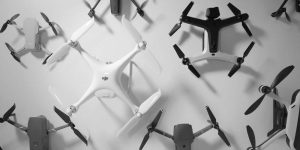
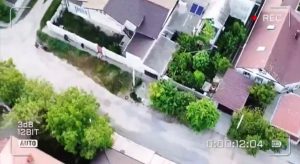

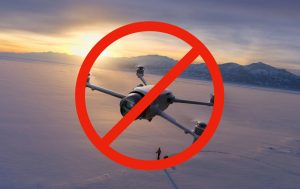
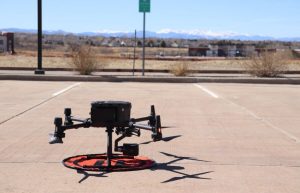

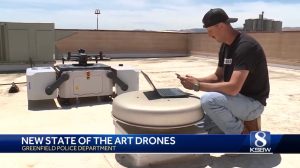

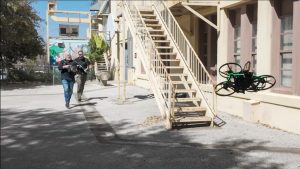
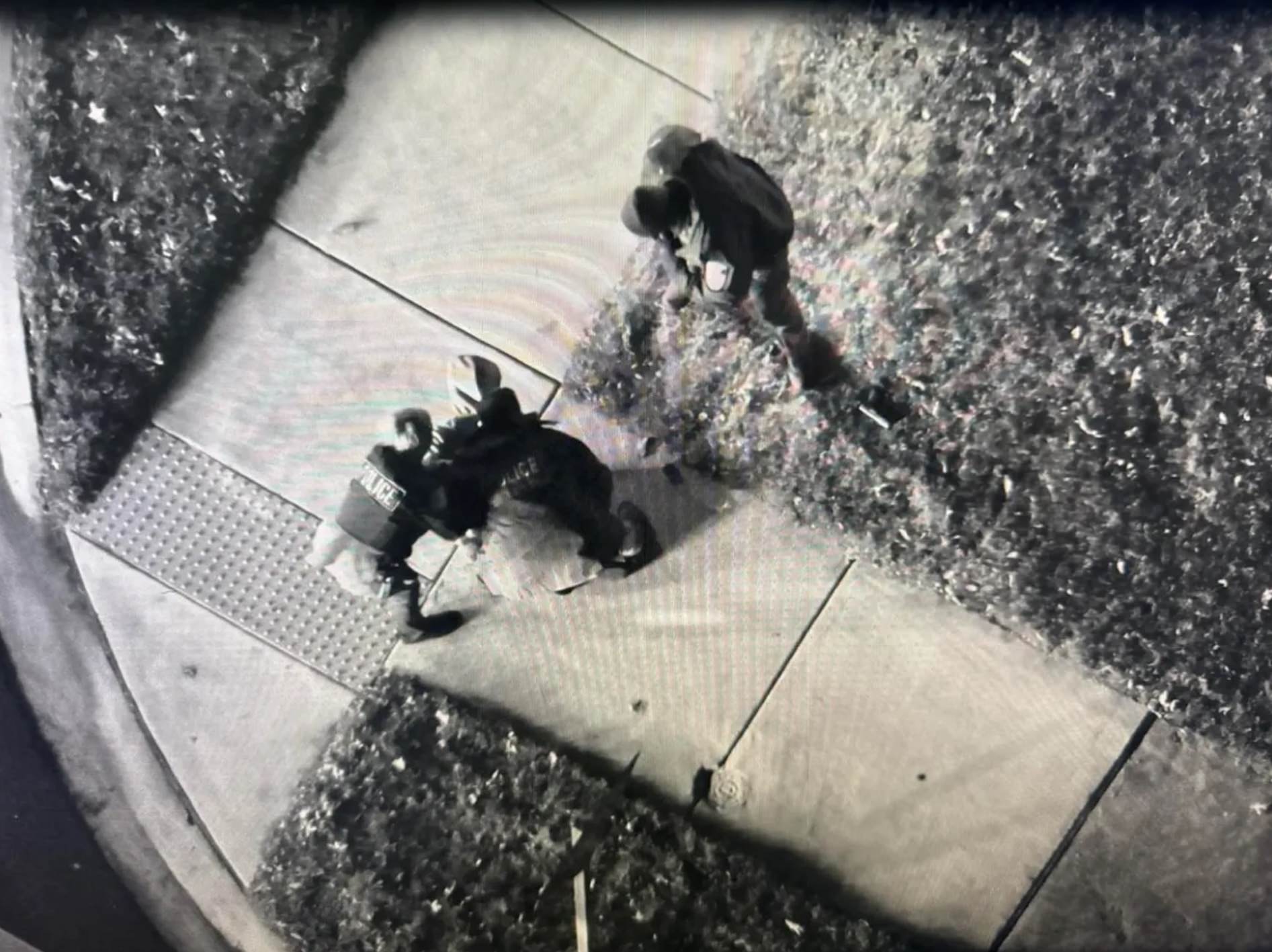

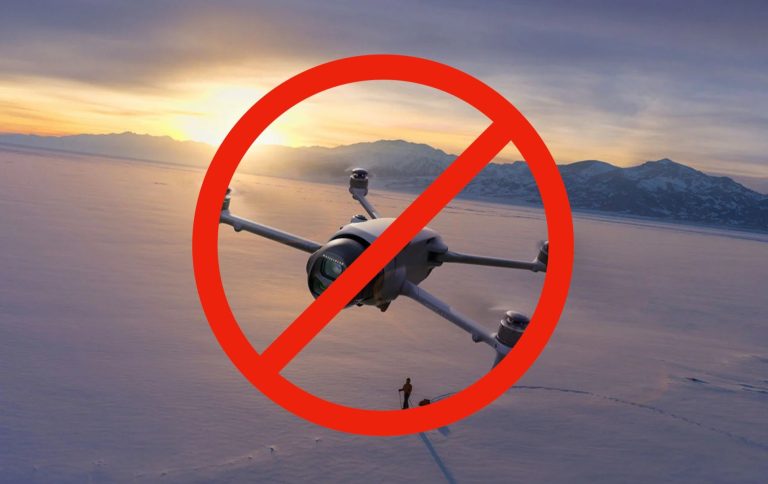
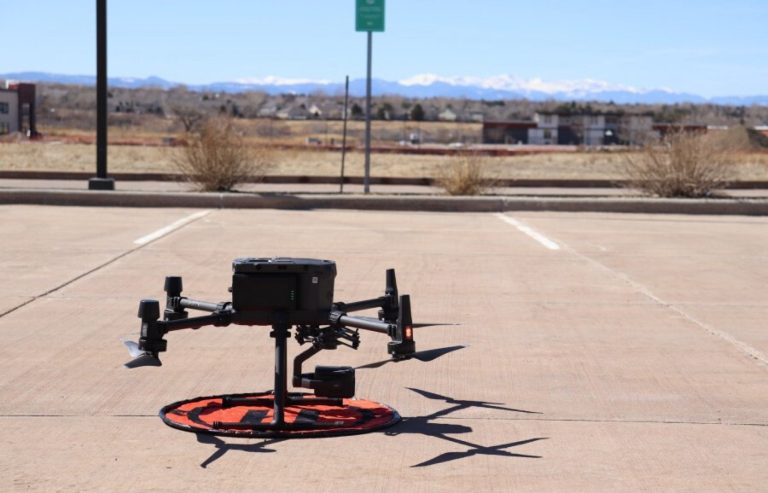
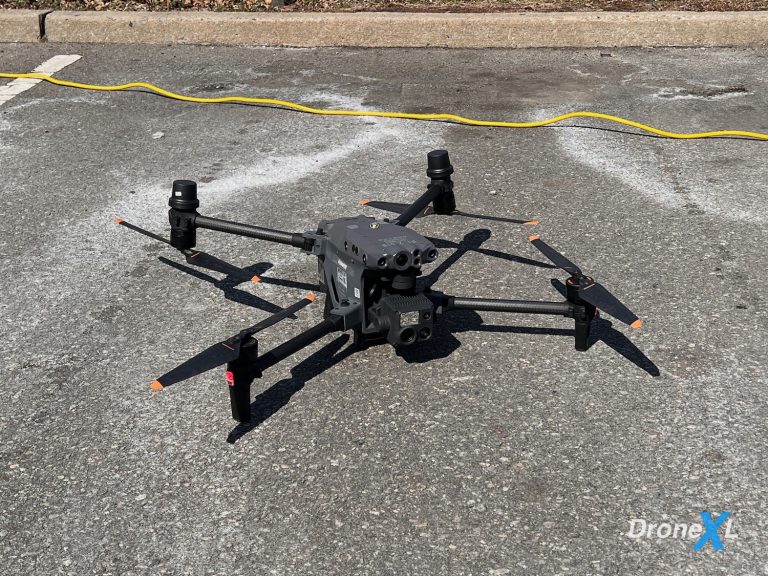
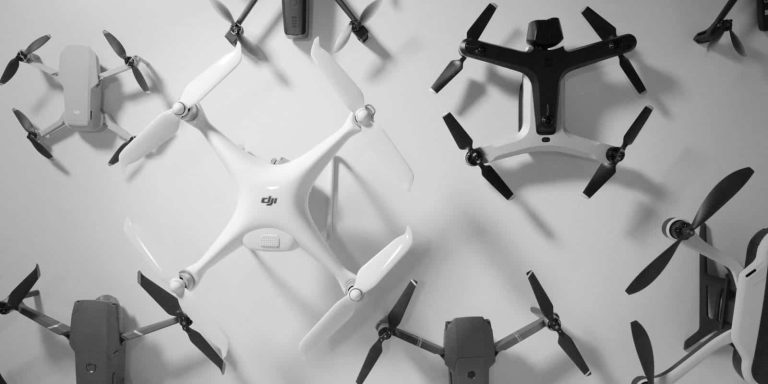

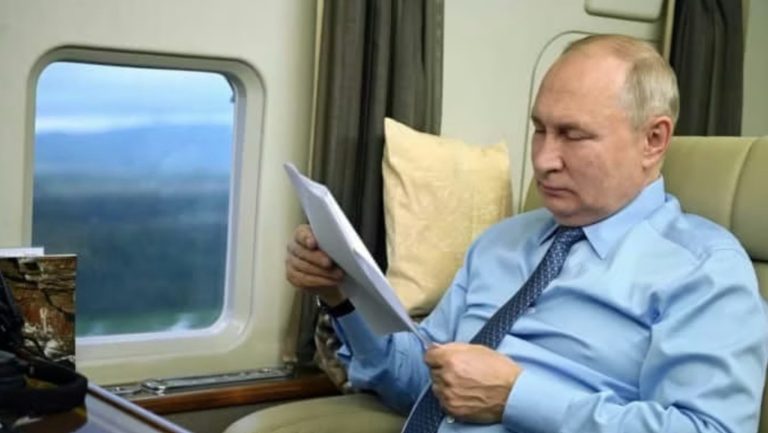
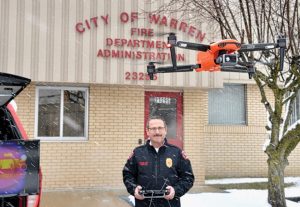
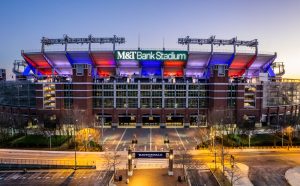
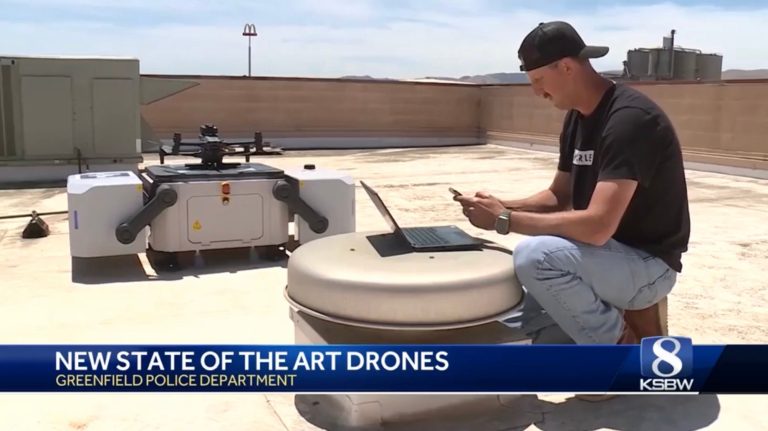

+ There are no comments
Add yours